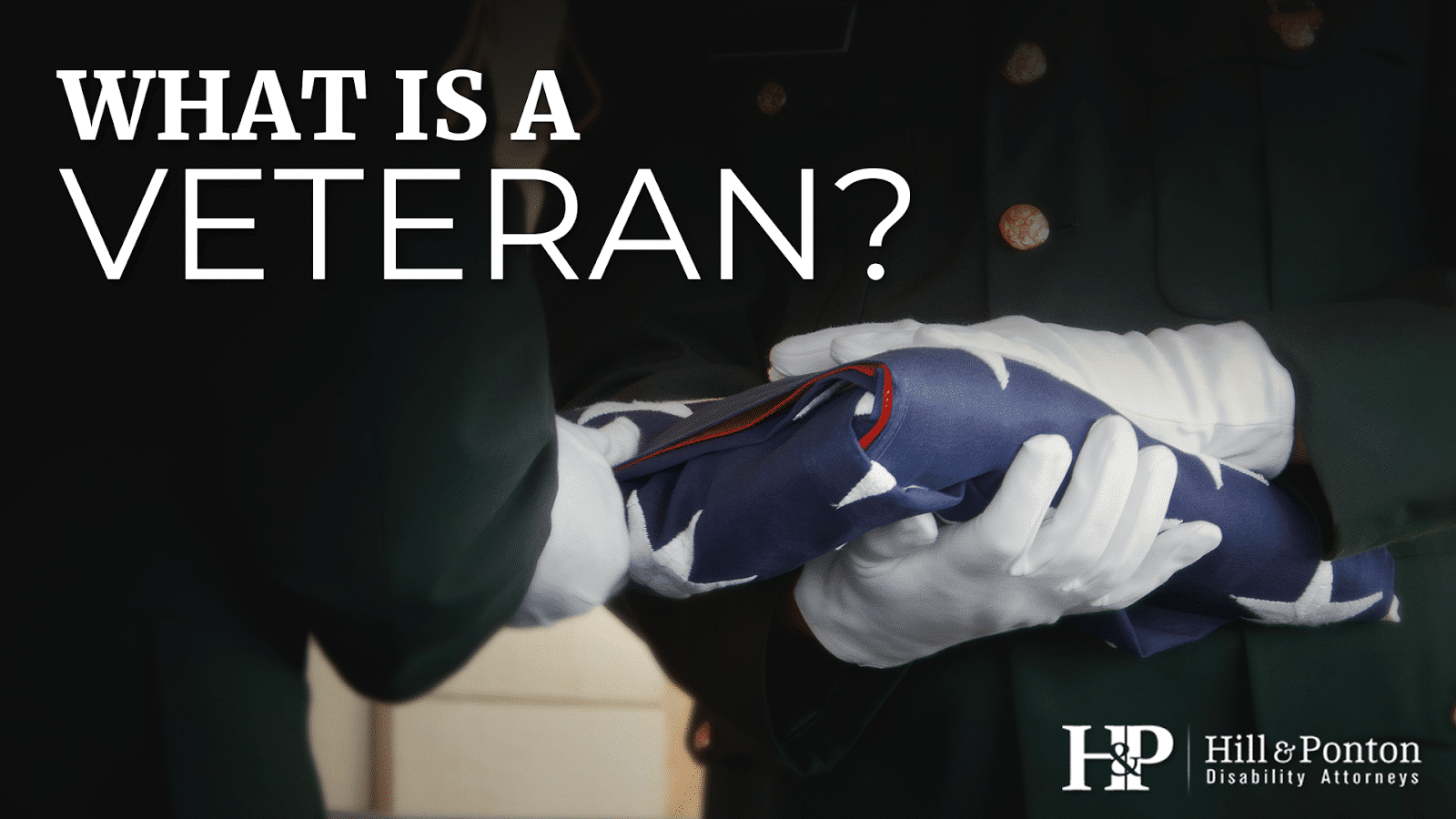It has been three years since you filed an appeal to the VA’s denial of your claim for Individual Unemployability. Three long, stressful years. You are barely paying your bills, and you can’t even remember the last time you took your wife to a nice, well-deserved dinner somewhere. Every day, you hope against hope that the VA might—just might—grant your claim. Finally, a thick manila envelope is left in your mailbox. You have your wife open the package because you are too nervous to open it yourself. You watch her face fall and realize that your worst fears had come true—another denial.
Why the Hold-up
“Years of waiting” is the life of thousands of veterans across the United States. As every veteran pursuing VA benefits has experienced to a lesser or greater degree, the VA takes time—time to answer your questions, time to process your paperwork, time to get the decisions right or make decisions at all.
- We Are Working with a Human System
Sometimes it is easy to get so caught up in our day-to-day worries that we forget to take a step back and look at the bigger picture. While everyone (including VA officials) agrees that the VA could be improved in speed and accuracy, we have to remember that the VA (as a whole) serves 8.97 million veterans in its healthcare system, and there are 4.31 million veterans receiving VA disability compensation. According to the VA’s statistics, there are 379,350 claims pending at the VA. This is an incredible amount of claims to process. And that number grows every day. And because the VA works claims in the order that they are received, it is no wonder that many of the regional offices are backlogged several years.
- Appeals Take Time
Not to sound like a fatalist, but waiting is just a part of the game. For individuals who do not really understand the VA process, it seems like VA employees deliberately drag their feet. Maybe they do. Or maybe they don’t like the numbers any more than you do, but they wade through the piles and piles and piles of files on their desks anyway.
The VA has recently established that initial claims are processed much more quickly than appeals. A large part of that reason is because they created an initiative to help reduce the amount of time that initial claims are processed. In many cases, initial claims are processed in six to eight months. This left the appeals side sadly in backlog. Most of the RO’s—especially those with higher volume—are working on appeals from 2012 – 2013. Remember, the RO’s work on a first come, first served basis. So if your appeal gets there first, it gets worked first. If you weren’t first, there is still hope—you probably aren’t last either. Just somewhere in the middle.
Why Waiting Is Better
How, one might ask (with a good deal of frustration), would waiting for the VA ever be a good thing? For a couple reasons, actually.
- Experience Is Better
Let’s take a look at the bigger picture again. Some veterans have very simple, straightforward cases. Other veterans have really complicated cases. The more complicated the case, the larger the room for error. Decision Review Officers (DROs) are often promoted nurses or medical staff. They know their way around anatomy and physiology, but when it comes to law, they are at sea. On the other side of the spectrum, DROs can be individuals who have been promoted with no medical knowledge at all. So they have more trouble with the medical side than the legal side. Either way, the finer points of VA law will almost never be handled correctly at that level.
For example, the marginal (sheltered) employment issue we see handled incorrectly at the VA level all the time. This occurs in Total Disability Based on Individual Unemployability (TDIU) cases. Marginal employment can exist in circumstances in which the veteran is still working, but whose annual income does not exceed the poverty threshold. Marginal employment can also exist in cases in which the veteran’s income does exceed the poverty threshold, but he/she works in a protected environment, such as a family business. Such types of work are considered sheltered or protected if the business allows the veteran special accommodations in order to function in the workplace.
These kinds of circumstances completely bamboozle the VA decision-makers. In their minds, if you can work, you are not entitled to TDIU—regardless of the fact that your employer is a family friend who gives you accommodations that he would not allow for anyone else. These are the kinds of cases that we know we will probably not win at the RO level, but have a better chance of winning at the BVA level. This is because the adjudicators are experienced judges who are well-versed in the law. Not to mention, they routinely see the cases which the RO gets wrong.
- Favorable Decision versus Rushed Decision
Show of hands: would you rather A) have a well-thought-out, favorable decision that took two years to be issued? or B) a quick denial that took six months to be issued?
Chances are, you would rather go with the favorable decision. Why? Because that denial costs three more years of appeal time.
So I ask you this: is it worth hassling the VA information line representative because you think your appeal is taking too long? (That being said, there is a difference between waiting six months and waiting four years for a decision.) An exasperated Decision Review Officer, frustrated by repeated calls, may make a quick decision to appease you. But that does not mean it will be favorable. On the contrary, the DRO might have to deny your claim because he or she did not have the chance to obtain the favorable evidence that would have granted your claim.
Working with the VA system as we do, we see all sides of the spectrum. Of course, there are circumstances which necessitate a speedy resolution to a case—such as terminal illness, severe financial distress, or advanced age. And some cases do need a nudge when they have been sitting in the RO for four years. But we also see the end result of patiently waiting. Our attorneys have worked hundreds of cases with incredible successes. They have seen these cases before, they know how to play the game, they know how to win. Some cases they know will take longer than others. Let their experience win your claims the way they have won so many others. Rest assured that your case is in expert hands.


